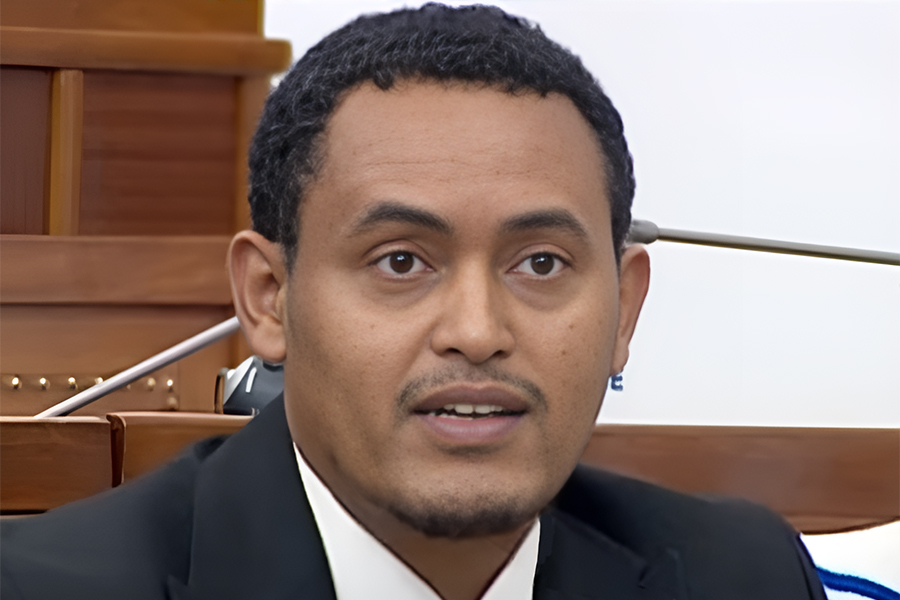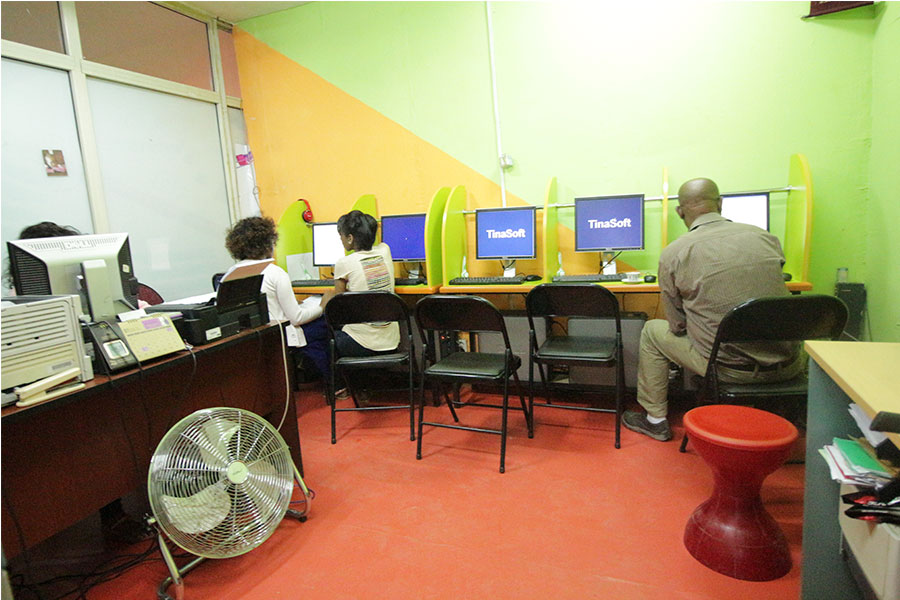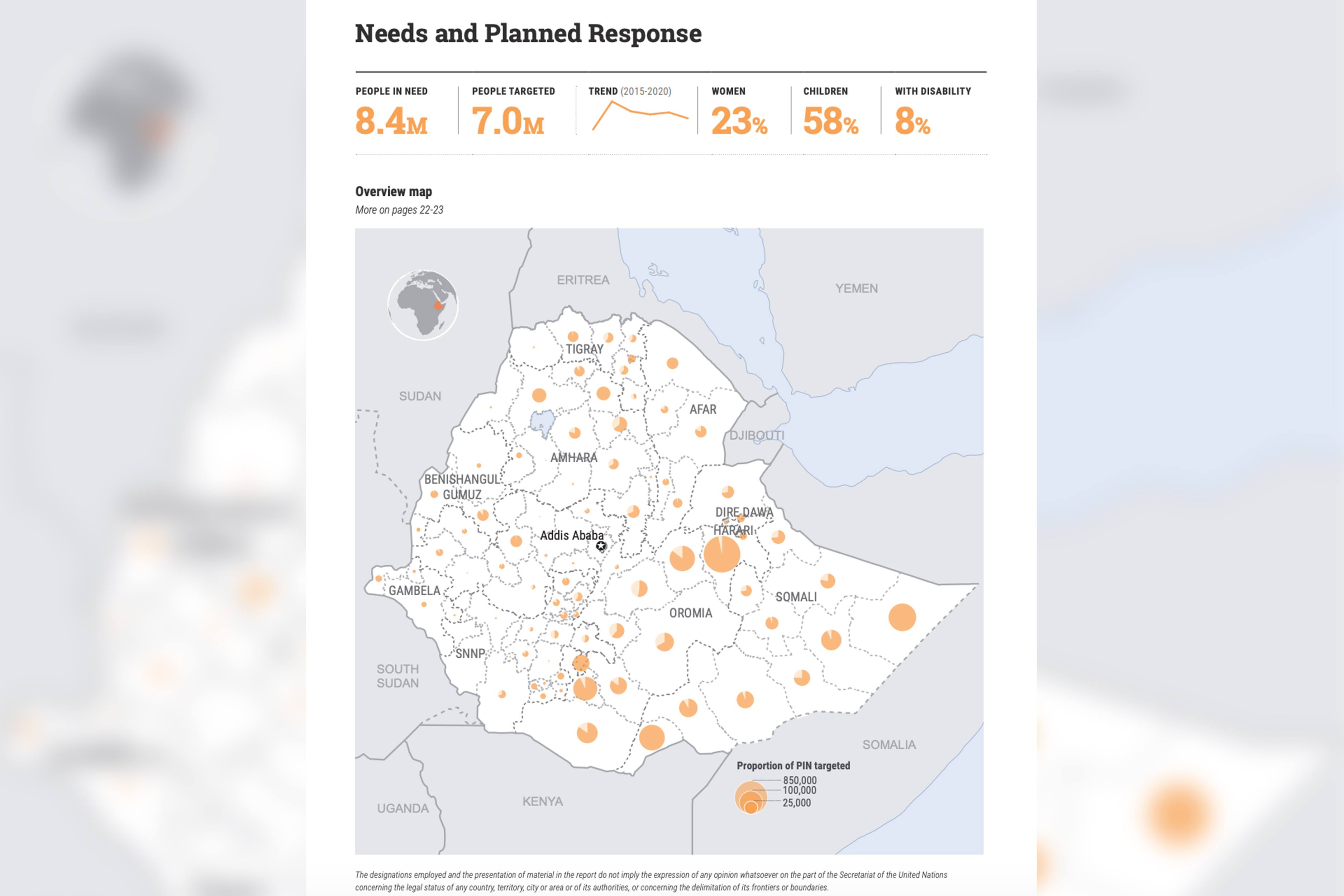
My Opinion | May 24,2025
Huajian Dongguan Hua Bao Shoes Co., a leading global producer of women’s footwear, is set to restart its operations in Ethiopia after a two-year hiatus.
The company, which manufactures nearly 20 million pairs of shoes annually and employs over 25,000 people, primarily exports its products to the U.S. and European markets. Its local production was halted due to the pandemic, Ethiopia’s suspension from the African Growth & Opportunity Act (AGOA), and supply chain disruptions.
Three weeks ago, Ethiopia’s Minister of Industry, Melaku Alebel, and Huajian’s Chairman, Zhang Huarong, signed agreements to facilitate the resumption of the company’s operations. Sources within the Ministry confirmed that agreements enabling the reinstatement of operations had been signed with Huajian. The Chinese shoe manufacturer began seeking overseas operations in the early 2010s to reduce production costs, in addition to its two plants in China.
Established in 1984, the company produces footwear for well-known international brands such as Naturalizer, Nine West, and GUESS.
Huajian initially began production in Ethiopia after a visit by the late Prime Minister Meles Zenawi to Dongguan, China, where he persuaded the company’s chairman to invest in his country. A few months later, Huajian started operations in Ethiopia, leasing space in the Eastern Industrial Zone, a Chinese private industrial park 35Km east of the capital, intending to invest two billion dollars. At the time, the company produced over 2,400 pairs of shoes daily.
In 2015, Huajian established its own industrial park on the outskirts of Addis Abeba to source raw materials more easily. Ethiopia has built 20 industrial parks, with 14 currently operational, where 87pc are women, according to a report released by the World Bank. With over 50 million cattle, Ethiopia has the largest cattle population in Africa. In 2016, Huajian accounted for 60pc of Ethiopia’s leather exports, using hides as one of its inputs.
However, Huajian’s labour practices attracted public attention in 2017 when “China Labor Watch”, a rights organization, revealed footage of working conditions at the company’s Jiangxi and Dongguan facilities. Li Qiang, the founder of “China Labor Watch”, described the factory in Ganzhou as among the worst he had seen in nearly two decades.
The company’s operations in Ethiopia were also marked by resistance to labour unions, low wages, and high exports.
Since their introduction, labour rights issues in industrial parks have been a sensitive topic. The former head of the Industrial Park Development Corporation (IPDC) dismissed allegations of worker mistreatment as “baseless”.
Employees at Huajian participate in a quasi-military exercise drill and sing the company’s anthem each morning, as recently shown in a documentary entitled “Why is Ethiopia the African Eldorado.” The film features hundreds of young men and women marching in place while Chinese managers issue instructions through a bullhorn. Company executives claim that the marching exercises improve coordination and team cooperation.
Huajian executives were not available for comment.
The cut-make-trim (CMT) segment of garment production, where women constitute approximately 80pc of the total workforce and 95pc of the operator-level workforce, employs 18-25-year-olds who have left their rural family homes. The World Bank report highlights that this pattern of industrial work is similar to international export processing zones, which have often been criticized for exploiting cheap female labour in the global south.
“Most manufacturers within the parks prefer to employ women in their production lines,” says Ayalew Ahmed, deputy president of the Confederation of Ethiopian Trade Union (CETU), which oversees nine industrial federations.
Ayalew recalled an attempt to establish a workers’ union within Huajian a few years ago, which the company quickly disbanded.
Unions in the Ethiopian textile and apparel industry are organized under the Industrial Federation of Textile, Leather, & Garment Workers Trade Union, with members representing about 13pc of CETU’s total membership. Angesom Gebreyohannes, president of the Federation, states that they are working to address workers’ concerns through an association that includes all members of the industrial parks without singling out specific companies.
The Federation is nearing the establishment of a 9,000-member-strong workers association across the Eastern Industrial Zone.
Experts recommend rigorous enforcement of existing labour protocols to ensure worker rights as industrialization expands in the country. Kibur Endidawork (PhD) from Addis Abeba University, who has conducted extensive studies on workers within Ethiopian-owned textile parks, advises caution in promoting the country as a source of the world’s cheapest labour, as it could be misused.
“It should be measured with conditionalities,” he told Fortune.
Kibur suggests that continuous inspections by the Ministry of Labor & Skills, voluntary employee reporting, and politically independent labour unions should all work together to protect against potential infringements of workers’ rights. As Huajian resumes operations in Ethiopia, addressing labour rights concerns and ensuring adherence to international labour standards will be crucial for the company and the country’s growing industrial sector.
Huajian’s park, located on 135 hectares of land in the Lebu area, was named “Huajian International Light Industry City” and aimed to employ up to 100,000 workers upon completing its planned one billion dollars budget. In 2019, Huajian also leased the entire Jimma Industrial park on 75hct of land 365Km from the capital, with plans to invest 100 million dollars before ceasing operations two years later.
Following supply chain difficulties in 2021, Huajian left the park, and the IPDC handed over responsibility for the park to Akshay Jain Plc, a lessee engaged in avocado processing.
The 97-year-old Addis Abeba tannery S.C. anticipates a positive business relationship with the Chinese manufacturer. Endris Ibrahim, manager of the share company that had suspended operations for a year due to flooding at their Asco plant, expressed excitement about re-engaging with Huajian. The company hopes to take advantage of Huajian’s preferential forex access, as it faces difficulties importing chemicals.
PUBLISHED ON
Mar 25,2023 [ VOL
23 , NO
1195]

My Opinion | May 24,2025

Fortune News | Nov 04,2023

Commentaries | Jul 25,2020

Radar | Nov 20,2023

Verbatim | Aug 03,2024

Radar | Aug 12,2023

Verbatim | Mar 23,2019

Fineline | Jan 12,2019

Fortune News | Jun 15,2019

Fortune News | Mar 13,2020

Dec 22 , 2024 . By TIZITA SHEWAFERAW
Charged with transforming colossal state-owned enterprises into modern and competitiv...

Aug 18 , 2024 . By AKSAH ITALO
Although predictable Yonas Zerihun's job in the ride-hailing service is not immune to...

Jul 28 , 2024 . By TIZITA SHEWAFERAW
Unhabitual, perhaps too many, Samuel Gebreyohannes, 38, used to occasionally enjoy a couple of beers at breakfast. However, he recently swit...

Jul 13 , 2024 . By AKSAH ITALO
Investors who rely on tractors, trucks, and field vehicles for commuting, transporting commodities, and f...

Oct 25 , 2025
The regulatory machinery is on overdrive. In only two years, no fewer than 35 new pro...

Oct 18 , 2025
The political establishment, notably the ruling party and its top brass, has become p...

Oct 11 , 2025
Ladislas Farago, a roving Associated Press (AP) correspondent, arrived in Ethiopia in...

Oct 4 , 2025
Eyob Tekalegn (PhD) had been in the Governor's chair for only weeks when, on Septembe...